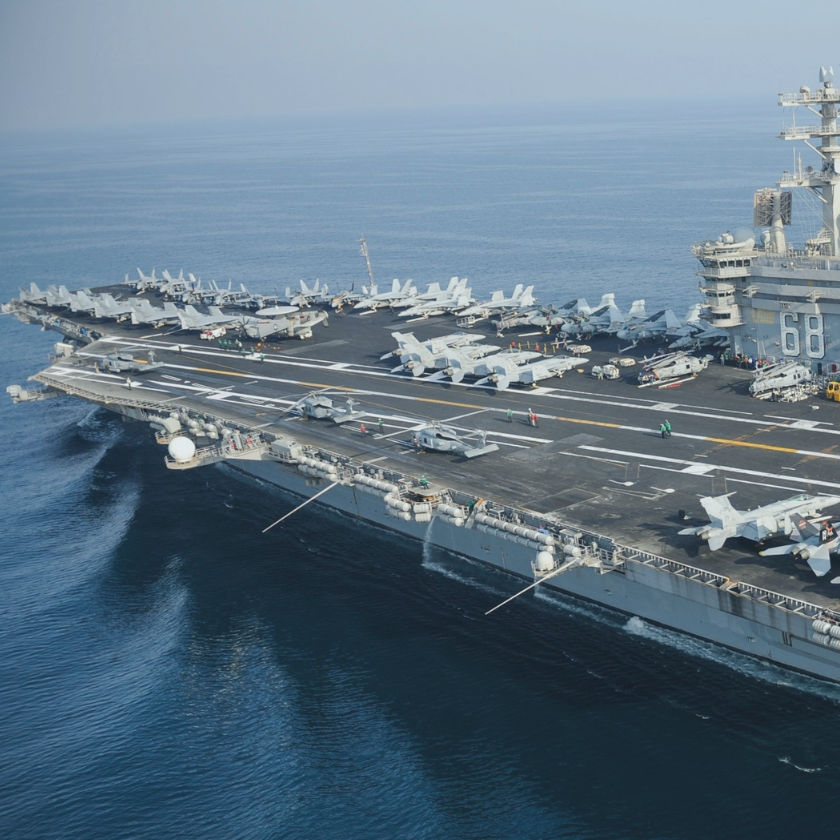Defense Policy and Armed Forces
As military competition increases, nations are adapting their defense policies and transforming their armed forces. Doctrine, organization, equipment and training are key to understanding the evolution of land, air and naval forces.
Related Subjects


Australia: A New Strategy for a Medium-Size Power
New configurations in Asia suggest to Canberra, as a middle-size power, that it should employ its external strategy as a means to bolster its security and regional stability.

The United States - South Korea Military Alliance in Question
The alliance born of the Korean War trades the assurance of security for Seoul with a certain alignment with Washington.
Regional Integration Within Greater China – State of Play and Future Prospects
Although the Greater China region is often said to constitute an increasingly well-structured economic player, a systematic analysis of intra-regional interactions is not readily available. This chapter seeks to fill this gap.

Judicialization of the Battleground
The increasing judicialization of external military action is encouraging military law to fall into line with common law.

Asia-Pacific: China’s Foreign Policy Priority
China is increasingly active in the Asia-Pacific region, an area that makes up the main focus of its foreign policy.
Germany: The Past that Does not Pass
Germany’s responsibility in the two global conflicts reflects, among other things, the German military’s desire to free itself from political control and the depth to which the Wehrmacht was immersed into Nazi ideology and a Nazi state whose orders it never really contested.

The French Army and the Military Revolution of the First World War
In 1914 the firepower of modern weaponry produced a massacre. To limit losses, the warring parties dug themselves into trenches. The French army was forced to innovate.

The Impact of the First World War on Strategy
The First World War helped redefine the notion of strategy, giving it a political dimension that it previously lacked.

France and the Fight against Terrorism in the Sahel: The History of a Difficult Leadership Role
Except for its extreme poverty and the disastrous effects of a series of droughts, the Sahel region has been largely out of the spotlight of international attention in the past. Yet the rise of terrorism and especially the creation of Al-Qaida in the Islamic Maghreb (AQIM) in 2007 brought the region into the focus of world politics. Initially, AQIM"s activities in the Sahel mainly posed a threat to the stability of the Sahelian states themselves. In an effort to internationalize its agenda, however, AQIM also started targeting Western countries.
Support independent French research
Ifri, a foundation recognized as being of public utility, relies largely on private donors – companies and individuals – to guarantee its sustainability and intellectual independence. Through their funding, donors help maintain the Institute's position among the world's leading think tanks. By benefiting from an internationally recognized network and expertise, donors refine their understanding of geopolitical risk and its consequences on global politics and the economy. In 2024, Ifri will support more than 70 French and foreign companies and organizations.











